I joined Pro-Choice Washington this February, just 11 weeks before the leaked SCOTUS draft opinion on Dobbs v. Jackson laid bare what many of us have long suspected: our fundamental rights to bodily autonomy are in peril, and we need to shift the culture of how we talk about abortion to protect and promote access at the state level.
In my brief time at Pro-Choice Washington, I have been incredibly moved and heartened by the way our community of activists, partners, allies, and staff have shown up in response to these threats. And the piece of work that I am most excited about is our new How To Talk About Abortion Guide.
The guide is a tool, crafted with love, care, and optimism, that helps you to talk about abortion in an open, non-judgmental way, so that you can support people around you who need abortion care, help end abortion stigma, and counter disinformation. This guide is desperately needed at this pivotal moment because how we talk about abortion informs so many other conversations in our culture—conversations about whose bodies matter, who deserves care, and who we trust to make decisions for themselves and their families.
This is alarmingly clear in the leaked SCOTUS draft, where Justice Alito lays an ideological foundation to roll back the hard-won right to self-determination, not just of abortion seekers, but of the LGBTQIA+ community and other communities that have historically been excluded from equal rights.
As a queer parent and as the spouse of a trans person with reproductive health challenges, I have experienced firsthand how the right to accessible and non-stigmatizing abortion care interconnects with access to other essential healthcare and bodily autonomy.
Whether we need an abortion, contraception, fertility care, gender-affirming care, or simply a screening, reproductive healthcare is essential healthcare, and it should be available where and when we need it.
Unfortunately, the coordinated effort of anti-abortion opponents to promote fear, stigma, and unnecessary barriers around abortion care has had an insidious, corrosive effect on access to high-quality, affordable reproductive healthcare for all of us. This is particularly true for low-income, BIPOC, rural, and LGBTQIA+ communities.
For too long, the anti-abortion movement has controlled the terms of the debate, framing themselves as “pro-life” and the reproductive justice movement as “anti-life”. In reality, our humanity and bodily autonomy are not up for debate. The freedom to choose when and how to become a parent is inherently life-affirming.
So, we must actively reject this harmful terminology by:
- Talking about abortion as an act of love and care;
- Using clear, inclusive, and unapologetic terms to drive culture change around abortion care; and
- Speaking in inclusive, gender-neutral ways that recognize the real barriers that many patients face.
I began organizing around abortion rights in 1994 when I was just 12 years old. A family friend recruited me to volunteer with a peer-to-peer program to destigmatize and demystify conversations around abortion, HIV/AIDS, and sexual health for youth.
The mid-nineties were a challenging time for these conversations, with anti-abortion violence, homophobia, and racism driving the spread of fear, stigma, and misinformation. As a youth in that context, I found it incredibly empowering to be given the tools to facilitate clear, open, and factual conversations in my community to push back against those harmful narratives.
Now, as we feel the impact of increasingly extreme state and federal abortion restrictions, we must again equip ourselves to speak about abortion in clear, accurate, and non-stigmatizing terms. Each of us has the power to protect and promote abortion access by boldly speaking with family, friends, and our communities to help shift the culture around abortion.
I am grateful to be able to share this resource with you. I hope you find it as useful, hopeful, and empowering as I do.
Download the How To Talk About Abortion Guide here.
